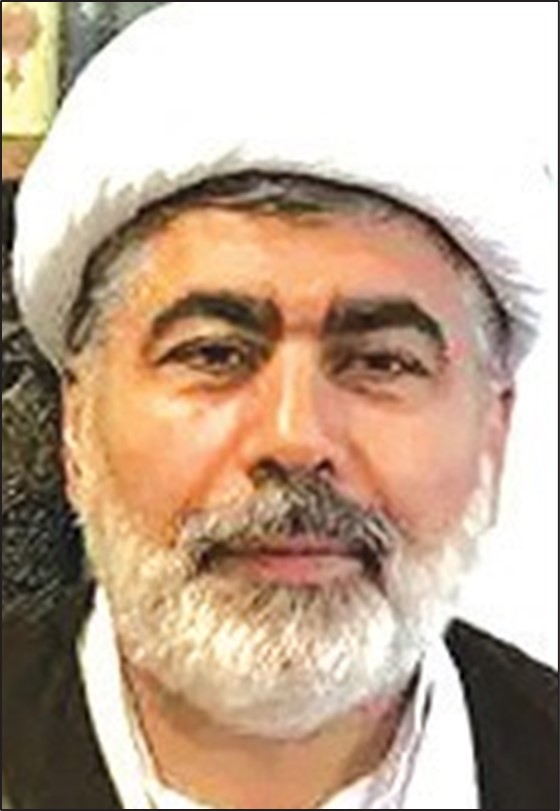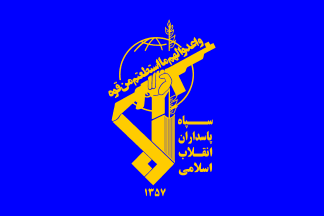May 17, 2019

Foreign Minister Mohammad-Javad Zarif has offered to exchange British charity worker Nazanin Zaghari-Ratcliffe for an Iranian woman being held in Australia on US charges of violating sanctions. But later he backed off the offer.
The minister, speaking at an event in New York, said, “Now, we hear about Nazanin Zaghari and her child. And I feel sorry for them, and I have done my best to help.” Then he mentioned the woman jailed in Australia and said, “I put this offer on the table publicly now. Exchange them.”
But a few days later, in an interview with Reuters, he said, “The offer that I made was [for] people who have been in prison either in the United States or elsewhere in the world on American request. But the Iranian-British woman [Zaghari] is a separate case.”
Both women have been imprisoned for two to three years. Zaghari-Ratcliffe’s case has gotten more attention than that of any other person detained, due to the continual efforts of her husband to keep the case in the public eye.
Zarif said, “But nobody talks about this lady in Australia who gave birth to a child in prison.” Actually there is very little talk about any of the others held prisoner.
Zaghari-Ratcliffe, 40, is a dual British-Iranian national who worked for the charitable arm of the Thomson Reuters media organization. She was detained in April 2016 after visiting her parents with her toddler daughter.
The woman in Australia is Negar Qodsi-Kani, an Iranian citizen who lived in Australia and was detained in June 2017 while pregnant for allegedly violating US sanctions laws. She was accused of using a Malaysian front company to ship American-made goods barred from delivery to Iran in order to deliver those goods to Iran.
Iranian officials have repeatedly raised her case as a “violation” of human rights. She is the only person charged with sanctions violations by the United States that Iran frequently talks about in public.
Zarif said he had told the United States six months ago that Iran was ready for a prisoner swap, but had received no response from the Americans.
In an interview in April with The National of the UAE, Robert O’Brien, Donald Trump’s special envoy for hostage affairs, said there would be “no concessions, no prisoner swaps, no pallets of cash” to secure the release of US citizens.
He also said that Zarif had reneged on a previous promise to release Siamak Namazi, a Dubai-based US citizen, who was imprisoned in Iran in 2015.
Asked by CBS about a letter O’Brien sent Iran, Zarif grew angry and said, “We won’t allow somebody who handles hostage issues to deal with them [those jailed in Iran] because they’re not hostages, they’re prisoners.”
He said, “The United States cannot put itself in a different moral position. It’s holding Iranians who are sick, who have done no crime.” Iran is also holding prisoners who are sick; probably all countries are.
In London, Foreign Secretary Jeremy Hunt said there was a “huge difference” in the cases of the two women. “The woman in jail in Australia is facing due process, a proper legal procedure,” he said, “What is unacceptable about what Iran is doing is that they are putting innocent people in prison and using it as leverage.”
President Rohani seemed to kill all talk of a prisoner exchange. After Zarif offered to talk about an exchange, Rohani said Iran would hold no talks with the United States as long as the Americans keep lying. “The US does not possess the willingness for negotiations at all,” Rohani said. “The actions that it is taking are aimed at defeating the Iranian people” and “making a return” to Iran.
Trump said during his presidential campaign that bringing back detainees held around the world would be a priority for his administration. He has had some success with North Korea. But Iran has taken another American, Robert White, prisoner since Trump took office.



















